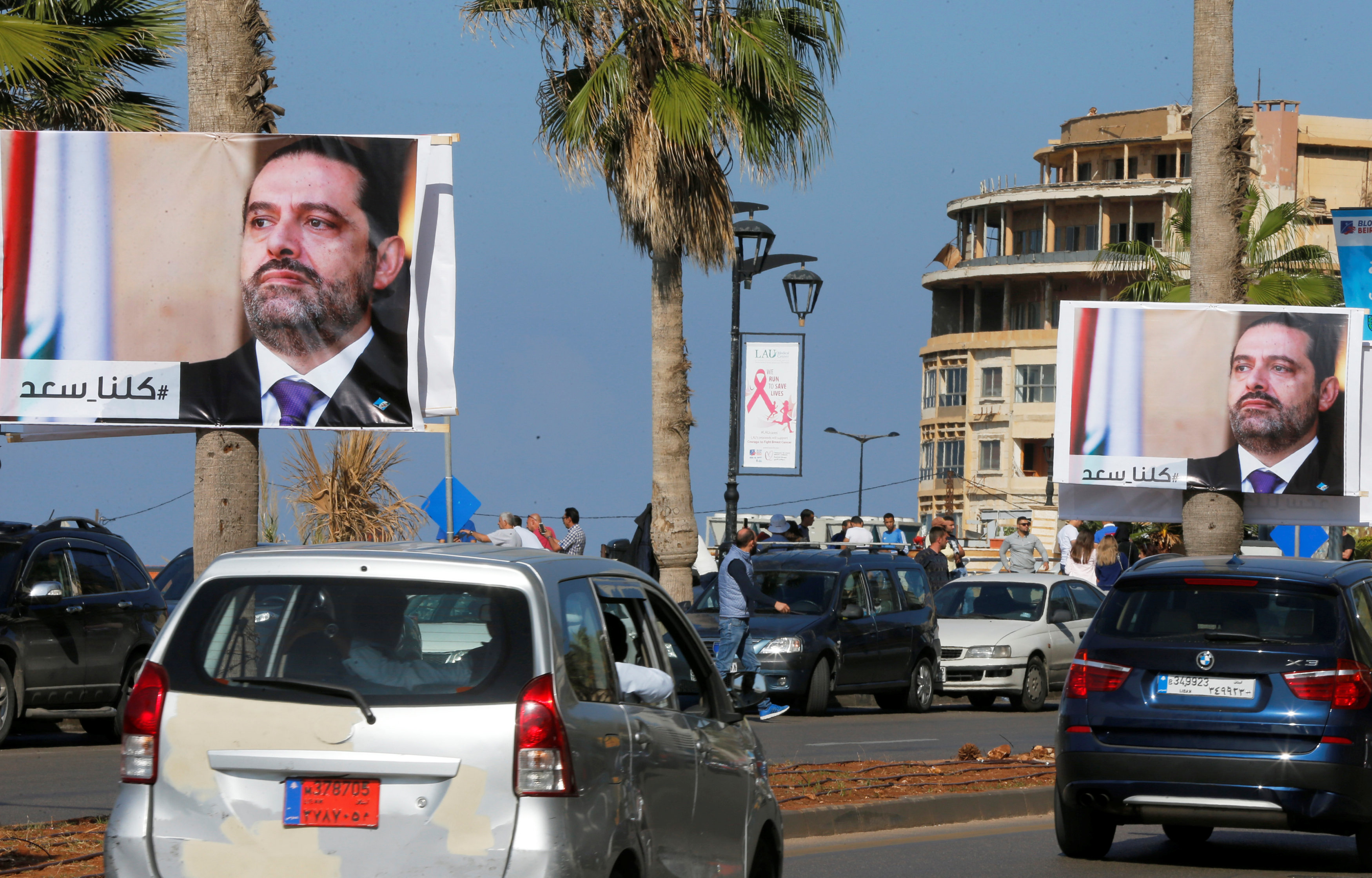
By Tommy Wilkes and Simon Cameron-Moore
COX’S BAZAR/YANGON (Reuters) – They came in boats, others on flimsy rafts, some even swam. Around 750 Rohingya Muslims made their escape from Myanmar on Friday to reach Bangladesh, where the greatest danger is malnutrition and disease in teeming refugee camps.
Over 613,000 Rohingya have already taken refuge in the camps since a Myanmar military clearance operation forced them to abandon their villages in northern Rakhine State.
Rohingya who have reached Bangladesh have recounted horror stories of rape and murder. A top U.N. official described the military’s actions as “ethnic cleansing”, though Myanmar denied that, saying its operation was needed for national security after Rohingya militants attacked 30 security posts on Aug. 25.
Aung San Suu Kyi, the de facto leader of Myanmar’s less than two-year-old administration, was in Vietnam on Friday, attending the Asia-Pacific Economic Cooperation (APEC) summit. She was expected to hold talks with several leaders on the sidelines of the gathering, including Canadian Prime Minister Justin Trudeau.
Having won the Nobel Peace Prize for defying the generals who ruled predominantly Buddhist Myanmar with an iron fist for nearly half a century, Suu Kyi’s reputation as a stateswoman has suffered due to her failure to speak out more strongly over the Rohingya crisis.
Under a constitution written before the junta gave way, the civilian administration still has to share power with the generals, and has little say over defense and security issues.
Still, leaders at APEC, and two other regional summits to be hosted by the Philippines in the coming days, are expected to exert pressure on Suu Kyi to do more to stem the crisis.
And on Wednesday, U.S. Secretary of State Rex Tillerson will meet with Suu Kyi in Naypyitaw, the Myanmar capital, with senators back in Washington pressing to impose sanctions targeting the military.
International Rescue Committee, the leading aid agency headquartered in New York and led by former British foreign minister David Miliband, reckoned that up to two-thirds of the 300,000 Rohingya remaining in Myanmar will join the exodus to Bangladesh in the coming months.
The IRC in a statement highlighted the extremely dangerous health conditions for Rohingya living in camps in the port city of Cox’s Bazar.
A nutrition survey led by its partner Action Contre la Faim had found 40,000 Rohingya children faced malnutrition and required life-saving assistance.
It said 95 percent of the population was drinking contaminated water – and agencies had reported that two-thirds of Cox’s Bazar’s water was contaminated with faeces.
“The conditions we are seeing in Cox’s Bazaar create a perfect storm for a public health crisis on an unimaginable scale,” said Cat Mahony, the IRC’s emergency response director in Cox’s Bazar.
“The situation will only deteriorate with more arrivals and a greater strain on already overstretched resources.”
Trail of destruction: http://tmsnrt.rs/2y8FgQ8
NO MONEY… BUILD A RAFT OR SWIM
Still, Rohingya too scared to stay in Myanmar were ready to risk their lives crossing the waters around the mouth of the Naf river to reach Bangladesh.
They were helped on Friday by another day of calm seas, though more than 200 have drowned attempting the crossing during the past two months.
Bangladesh officials said significant numbers were arriving on rafts they had built from bamboo, lashing plastic jerrycans to the poles for extra buoyancy. They said more Rohingya had swum across on Thursday.
A Reuters photographer saw up to ten rafts landing on the beaches of Teknaf, at the southern tip of Cox’s Bazar, on Friday.
People reaching the shore have told Reuters that there are thousands living in desperate conditions on the strand of beach by the river’s mouth at Pa Nyaung Pin Gyi, as they waited for a chance to cross over.
Dil Muhammad, 30, from Buthidaung, one of the Rakhine regions that bore the brunt of the military operation, finally made it across with his wife and three children after weeks of living on the sand because he could not afford to pay a boatman.
“I stayed in Pa Nyaung Pin Gyi for two months because I didn’t have money to come,” he told Reuters.
Dil Mohammed said his 18 month old daughter was suffering from diarrhea and a fever. “I couldn’t get to a doctor as we were stuck in that place.”
And Sakhina Khatun, a woman of 35, said that three men who had been with her on the other side had been attacked by “Buddhists” when they went to search for bamboo to make a raft.
Border Guard Bangladesh officials counted 444 refugees coming ashore at Sabrang, near Teknaf, and 150 more arriving further along the coast.
Afruzul Haque Tutul, additional superintendent of police in Cox’s Bazar said his officers had rescued 125 Rohingya from a wooden fishing boat stranded off Inani beach and bussed them to the camps.
Mass exodus: http://tmsnrt.rs/2xTId74
A desperate escape: http://tmsnrt.rs/2xIvxQF
(Additional reporting by Mohammad Ponir Hossain and Nurul Islam in COX’S BAZAR; Writing by Simon Cameron-Moore; Editing by Toby Chopra)








